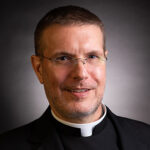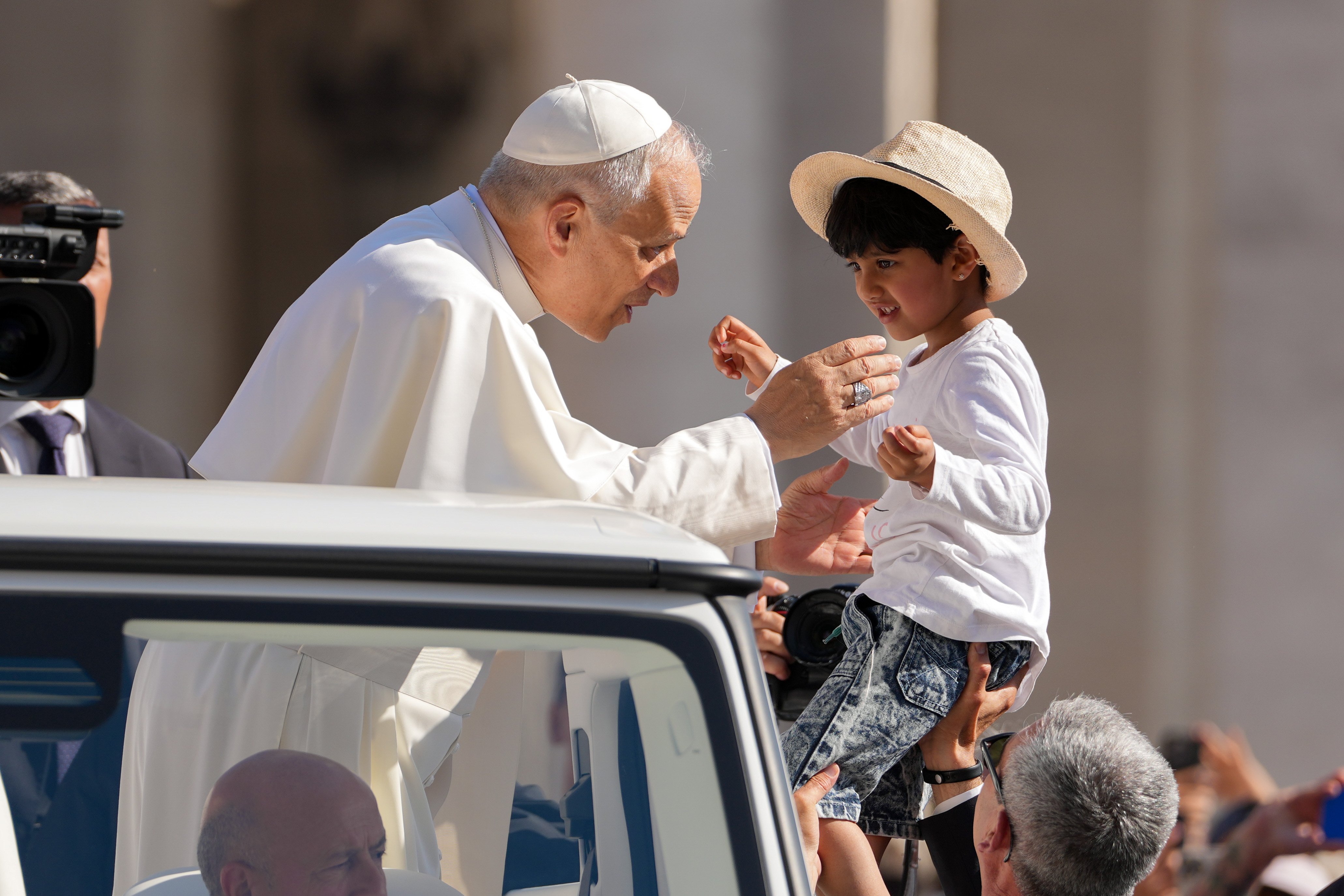DEAR FATHER | When we pray the Divine Office, we spiritually join with Christians around the world
What is the Liturgy of the Hours?

While Catholics are well familiar with the eucharistic liturgy, fewer are aware of the Liturgy of the Hours, also known as the “Divine Office.” The Liturgy of the Hours is a series of seven short prayer services celebrated at different times (i.e. hours) of the day that praise God and intercede for the needs of the world. Each service is composed of three Psalms or canticles from Scripture, along with Scripture readings and prayers of petition. It can be prayed alone or in groups. Priests promise at the time of their ordination to pray the full Liturgy of the Hours, and most religious orders pray it in common. It is often sung or chanted, although those who pray it privately can do so silently. As with the Mass, the Liturgy of the Hours changes with the liturgical season (Advent, Christmas, Lent, Easter and Ordinary Time). The feasts or memorials of saints are celebrated as well.
The Liturgy of the Hours predates Christianity. The Jewish people prayed Psalms at different times of the day, and we know that Jesus and His disciples would have prayed them. Following the resurrection, Christians continued the practice, making the Liturgy of the Hours one of the oldest prayer forms. Think of it: From the times the Psalms were composed, not a day has passed when they have not been offered to God. When we pray the Office, we join our voices with saints throughout the ages in the praise and worship of God. Because the liturgy is timeless, we join our voices with Christ’s as well.
In the Liturgy of the Hours, every human emotion is expressed: love for God, sorrow for sin, anger at injustice and concern for the well-being of others. The Liturgy of the Hours both praises God and intercedes for the needs of humanity. It also recognizes that time itself is a gift from God and is sacred.
The two main Offices are Morning Prayer (Lauds) and Evening Prayer (Vespers). There are three Daytime Offices (midmorning, midday, and midafternoon). Night Prayer (Compline) is prayed immediately before going to bed. Finally, the Office of Readings has longer texts and can be prayed at any time of the day, although monks and nuns historically prayed it at midnight in anticipation of the coming of Christ. When prayed privately, most of the Offices only take a few minutes, but when sung in a group, it can last much longer.
Because literacy decreased among the laity in the early Middle Ages, as did the use of Latin as a spoken language, the Liturgy of the Hours became largely the prayer of clergy and religious. That changed at the Second Vatican Council, when the faithful were reminded that the Liturgy of the Hours is the universal prayer of the Church. Everyone is invited to pray it, either alone or in groups. For those who are not familiar with the format, there is a smartphone app (iBreviary), as well as a website (divineoffice.org) that can be helpful in learning it. The Divine Office is also available in book form, either in a single volume (Christian Prayer) or a four volume set (The Liturgy of the Hours).
As a priest, I’ve come to love the Liturgy of the Hours. Over the years, my appreciation of the Psalms has deepened as a result of my own life experiences. It is amazing that whenever we pray the Office, we spiritually join with Christians around the world. While we may pray it by ourselves, we are never really alone. The liturgy of the Church is always a communal, public worship that connects us to one another in the praise of God.
Father Scott Jones is the episcopal vicar for the Northern Vicariate of the Archdiocese of St. Louis.



